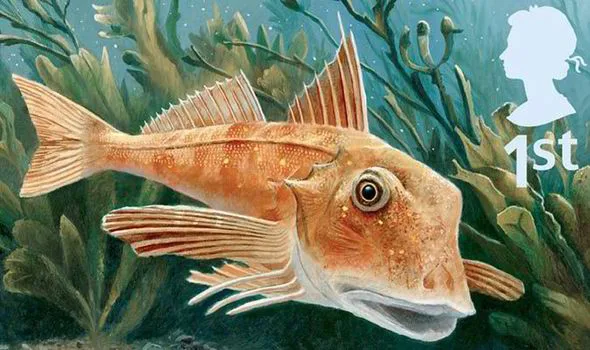Demonstrating its position as the provider of more variety of fish than any other UK port...
lovely langostine...
controversial conger...(see the stamps debacle)...
hooray for the ray...
best banging bass...
even lobster...
always popular with the media...
not forgetting the 'ansum 'ake...
even more rays of sunshine...
delicious Dory...
pristine blondes...
magnifique megrims...
caught by these guys...
not forgetting the even more controversial cod of course...
getting the measuring treatment...
last but not least the mini-monk tails...
and at last the Council have set the diggers at work to restore Newlyn Green!




































